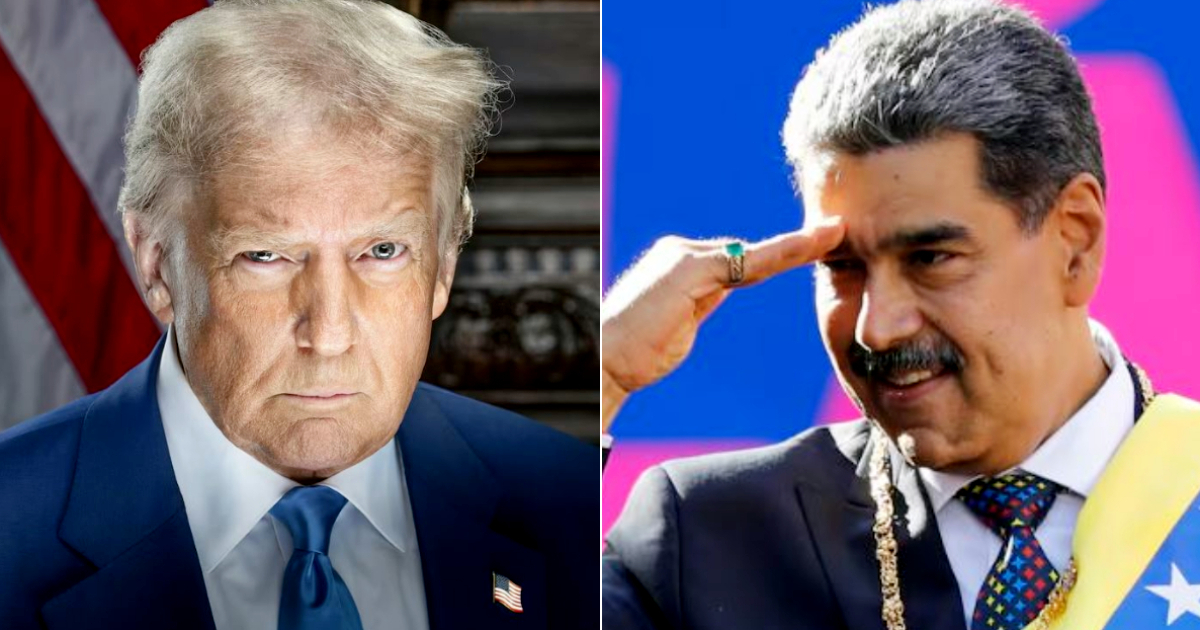
Related videos:
The team of the elected president of the United States, Donald Trump, is shaping a strategy aimed at ending more than two decades of chavismo in Venezuela.
One of the first measures under consideration is the revocation of the license that allows the American oil company Chevron to operate in the South American country, which could significantly impact the fragile economic stability of Nicolás Maduro's regime, according to EFE.
Sources close to Trump's transition team have indicated that the strategy includes a negotiated exit for Maduro to exile, possibly in Moscow, similar to the situation of Syrian leader Bachar al Asad.
"Maduro will end up leaving in less time than we think," a source from Trump's foreign policy team told Axios, according to the cited source.
A priority for the Trump administration
The situation in Venezuela has taken on significant importance within Trump's foreign policy team, led by Senator Marco Rubio, who has suggested that the presence of Venezuelan criminals in the United States poses a threat to national security.
In Venezuela, drug trafficking organizations have taken control of the state," Rubio said during his recent confirmation hearing before the Senate, describing Maduro's regime as a drug trafficking organization that has seized control of Venezuela.
During his confirmation hearing in the Senate, Rubio expressed his intention to review the licenses granted to companies like Chevron, which have been generating millions in revenue for Maduro's government without him fulfilling democratic commitments.
Rubio, along with key figures such as Christopher Landau, Michael Waltz, and Mauricio Claver-Carone, has held meetings with Edmundo González Urrutia, recognized by Washington as the elected president of Venezuela, and with the opposition leader María Corina Machado, to coordinate efforts and assess potential additional sanctions.
Maduro, under increasing international pressure
While Trump fine-tunes his strategy, Maduro faces increasing international pressure.
The European Union has intensified its sanctions against high-ranking officials of Chavismo, while the United States has increased the rewards for information leading to the capture of Maduro and Diosdado Cabello, whom Washington deems leaders of the so-called "Cartel of the Suns," a drug trafficking organization linked to the regime.
Trump has also announced his intention to designate drug cartels as "foreign terrorist organizations," which could include the Venezuelan regime and lead to more decisive actions against it.
In this regard, it should not be forgotten that the stated purpose of the U.S. invasion of Panama was to overthrow the de facto ruler, General Manuel Noriega, who was wanted by authorities for organized crime and drug trafficking.
According to sources from the incoming administration, quoted by CNN, the designation of drug trafficking groups as "foreign terrorist organizations" would allow the mobilization of resources from the Department of Homeland Security to block the funding routes of Chavismo.
A reconstruction plan for Venezuela
Sources close to González Urrutia revealed that, as part of these efforts, a comprehensive reconstruction plan for Venezuela is being developed.
The plan aims to attract foreign investments to revive the country's economy, which has faced years of economic and social crisis. The proposal would include tax incentives for American companies willing to operate in the country under a transitional government.
This plan would have the support of regional allies such as Colombia and Brazil, who have expressed their concern about the impact of the Venezuelan crisis on the stability of the continent.
Additionally, the Organization of American States (OAS) is expected to play a key role in overseeing a possible transition process.
Reactions of Chavismo
On its part, the Maduro government has described Trump's plans as "a new imperialist interference" and has reiterated its willingness to resist any attempt at international pressure. In a recent speech, Maduro stated he is "prepared for any scenario", and mentioned that he has the support of allies such as Cuba, Nicaragua, and Iran.
New sanctions and diplomatic measures are expected to be implemented in the coming weeks to increase Maduro's isolation and pave the way for a political transition in Venezuela. The international community, led by the United States, is closely monitoring these developments in the hope of peacefully and definitively ending the chavista regime.
Filed under: